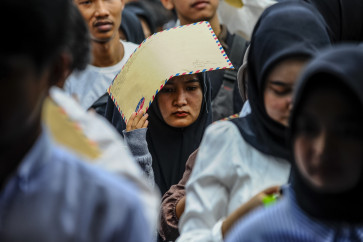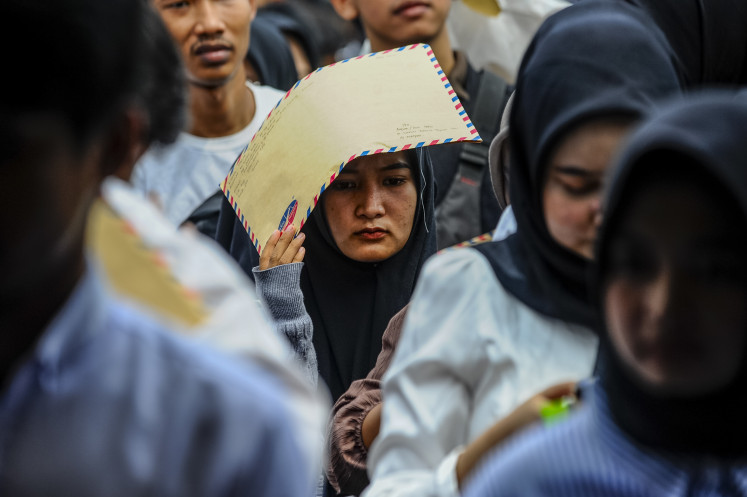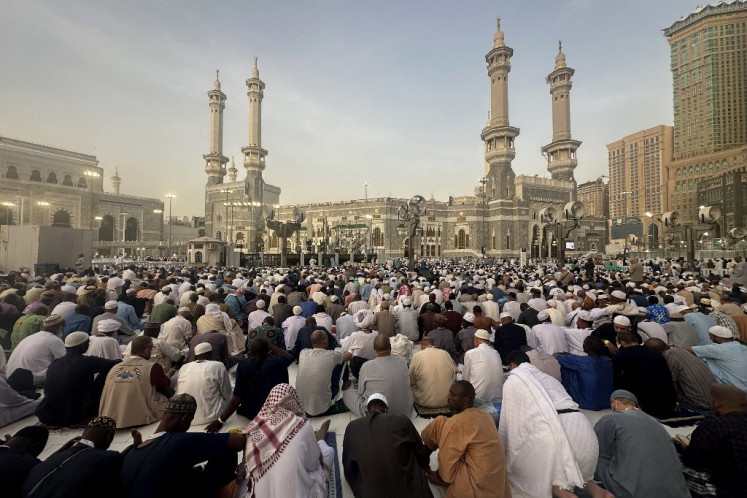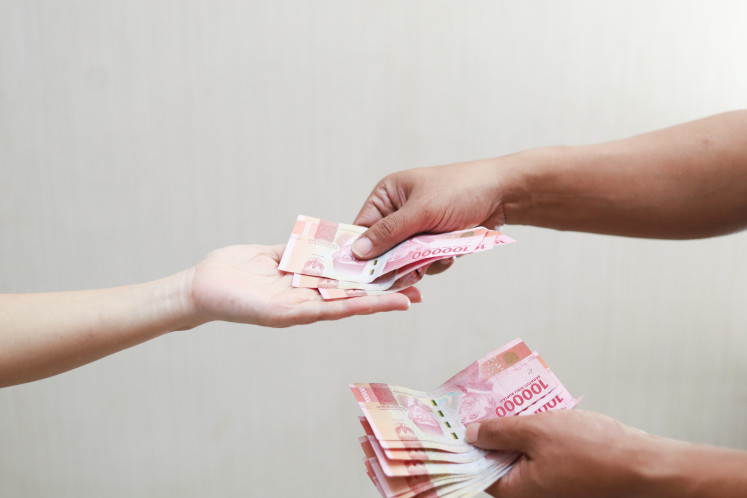Fasting in various latitudes
Fasting during Ramadan is one of the five pillars of Islam practiced by Muslims all over the world, as is suggested in the Koran: “Eat and drink, until the white thread is distinct to you from the black thread at dawn
Change text size
Gift Premium Articles
to Anyone

F
asting during Ramadan is one of the five pillars of Islam practiced by Muslims all over the world, as is suggested in the Koran: “Eat and drink, until the white thread is distinct to you from the black thread at dawn.”
Yet while most of us in the tropics have always enjoyed an equal balance of day and night all year round, those living in higher latitudes may endure extremely long hours of daylight during Ramadan, turning a mostly
pleasant ritual into a challenging one.
There are a number of conventions followed by Muslims fasting in high latitudes. In Northern Scotland’s Orkney Islands, for example, the sun rises on average after 5 a.m. and sets just after 9 p.m. this Ramadan, as noted by Christopher Howse in the Telegraph.
Orkney’s Muslims, who are few in number, have always referred to local daylight hours when fasting, which translates into a longer fast during summer and a shorter one in winter.
In other parts of the world, especially those experiencing the “midnight sun” in the summer months, some scholars have suggested using the time of the nearest location where the sun sets as a guide – even if that still results in 18 to 20 hours of fasting.
Yet other scholars suggested adjusting fasting hours to those in Mecca instead, regardless of where Muslims are in the world. This is because Mecca/Medina was where the prophets lived and where the Koran was revealed.
The various opinions on the issue make it open for different interpretations. Muslim theologian Khaleel Mohammed noted that though the Koran may say nothing about it, it did say: “Indeed God wants that which is easy for you, not that which is over burdensome.”
He further stated that “fasting is not meant to induce starvation or to be a health risk, but to teach Muslims taqwa: conscientiousness and awareness of the divine.”
So wherever you are in the world and whoever you are – a local, a migrant or a traveler in transit, the holy month of Ramadan represents a time to purify and cleanse the soul as well as a time to worship and show social solidarity.
It is also a time to catch up with friends, family and loved ones, and to enjoy the various treats that Ramadan has to offer; in moderation, of course.









